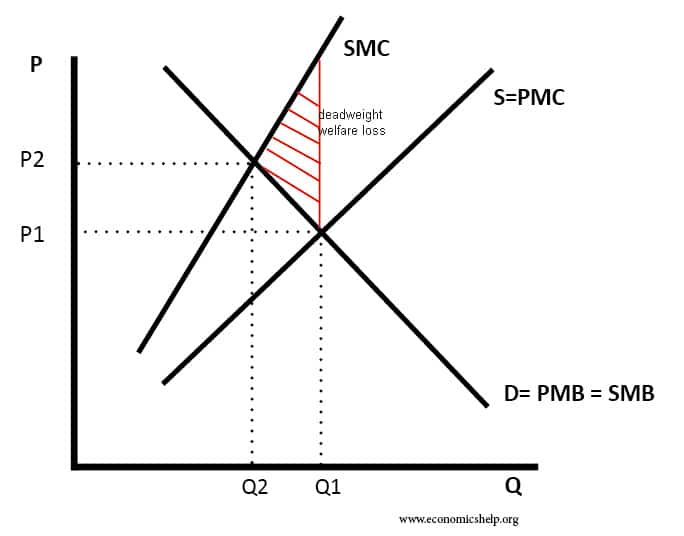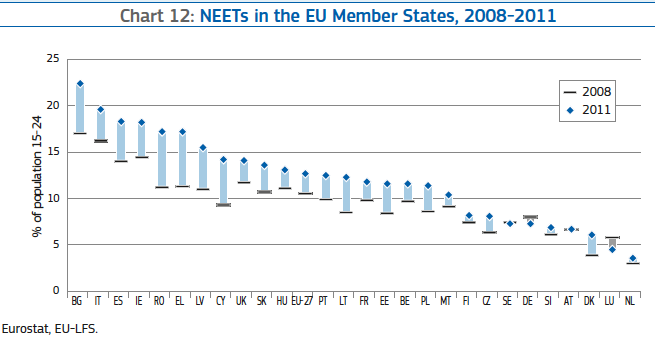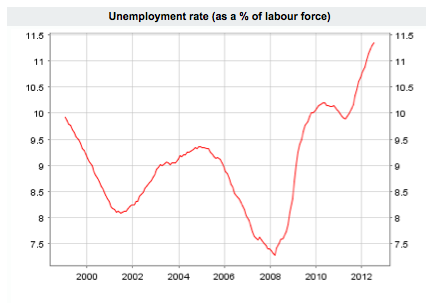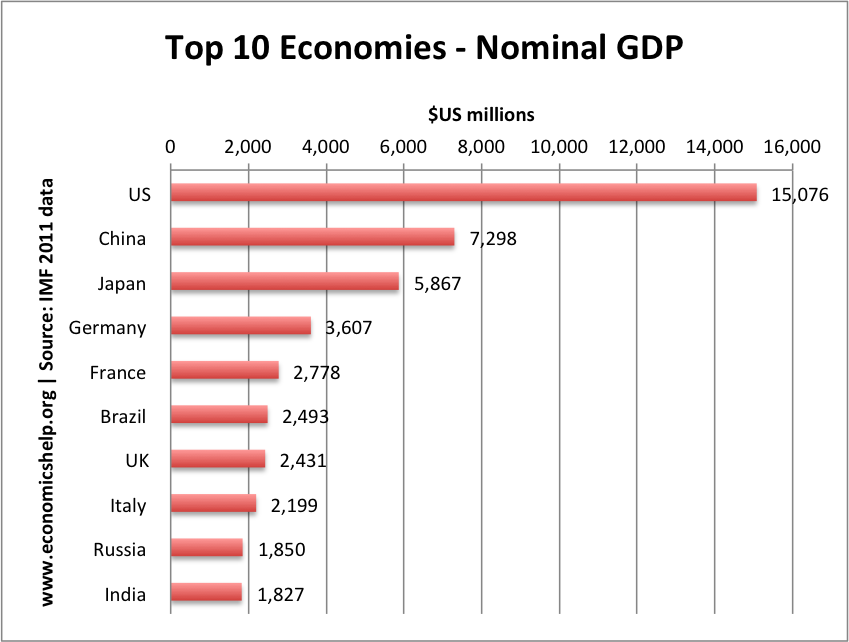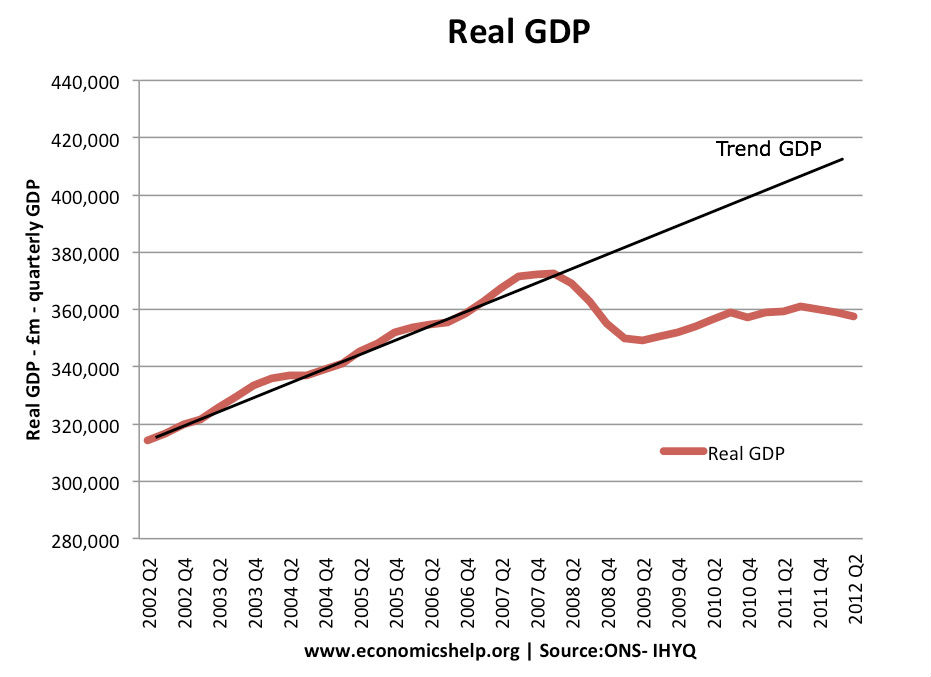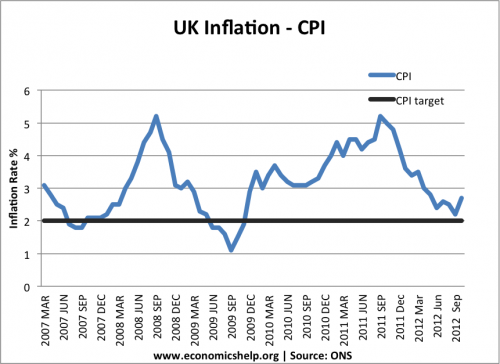Readers Question: In a non-recession situation, if a government reduces it’s borrowing and thus it’s spending, how can that have a depressing effect on the economy? Wouldn’t that money be either be loaned to someone else or spent to on goods and services by the people who have it?
Yes. If an economy is growing rapidly, a reduction in government borrowing (thought government spending cuts) shouldn’t have a depressing effect on the economy. This is because if the economy is strong, a fall in government spending, is usually absorbed by the growing private sector. This is related to the principle of crowding out. – The idea that during economic growth, government spending is crowding out private sector spending. Therefore, as government spending falls, this ‘crowded out’ private sector can increase.
Example
If the economy is growing strongly, then investors will be keen to invest in private enterprise – loans to firms, buying shares on the stock market, buying commercial bonds e.t.c. This is because during an economic boom with rising incomes, investors feel that the private sector is going to give a relatively good rate of return.
Therefore, if the government wishes to borrow money in a period of economic growth, it will have to work harder to attract private investors to buy government bonds. If the private sector is giving a rate of return of say 5%, then, ceteris paribus, the bond yield on government debt will have to be at least 5% to attract borrowing.
If the government wishes to borrow more during times of economic growth, it is competing with private sector investment, and this competition to attract buyers will most likely push up bond yields.

